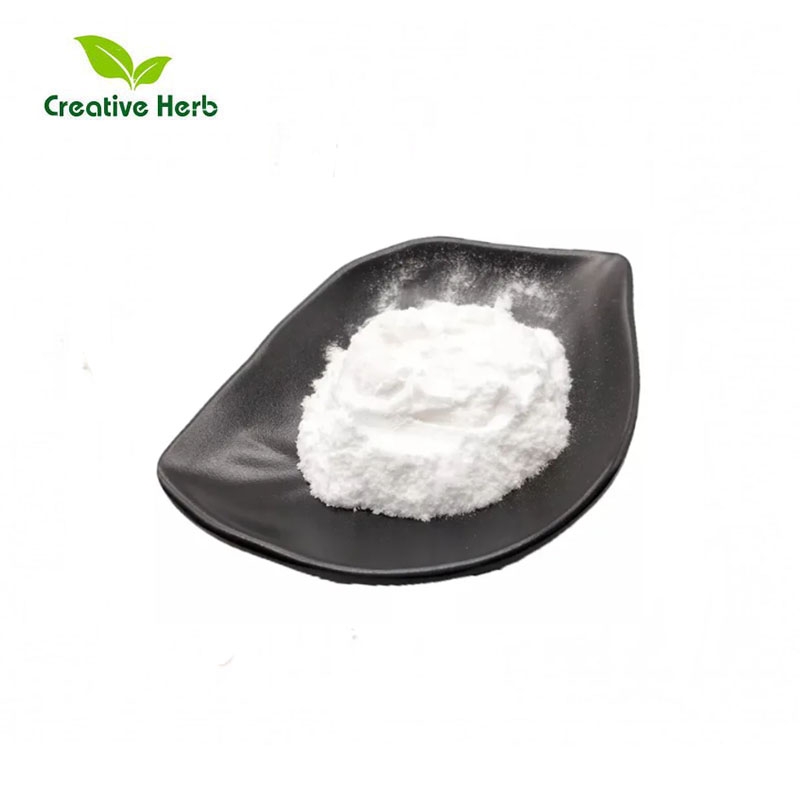Structure: Can daffodils also fight cancer? See what's going on!
-
Last Update: 2018-03-01
-
Source: Internet
-
Author: User
Search more information of high quality chemicals, good prices and reliable suppliers, visit
www.echemi.com
March 1, 2018 / BIOON / - can Narcissus cure cancer quickly? A new study from the RNA molecular biology laboratory of the school of science and the cancer research center of the Free University of Brussels, Belgium, has made a preliminary exploration in this direction, and the relevant research is published in cell's structure Photo source: dlafontaine ULB, led by Denis Lafontaine, extracted a natural anticancer compound from daffodil They found that the compound is an alkaloid called chloranthine, which binds to ribosomes Ribosomes are the nano devices necessary for our cells to survive, because they synthesize all our proteins In order to maintain its unlimited growth, cancer cells rely on enhanced protein synthesis, so cancer cells are very sensitive to the treatment of inhibiting ribosome production or ribosome function In the new study, the researchers also found that chloranthine can inhibit ribosome production of proteins, thus delaying the growth of cancer cells It can also inhibit the production of such nanodevices in the nucleus: This nucleolar pressure promotes the activation of the anti-cancer monitoring pathway, which leads to the enhancement of the stability of p53 protein, thus eliminating cancer cells This study is the first to reveal the molecular mechanism of the anticancer activity of daffodil, which has been used in folk medicine for hundreds of years One of a large group of natural therapeutical molecules: many other alkaloids used in human care are extracted from plants, such as morphine (strong analgesic), quinine (antimalarial), ephedrine (antiasthmatic), etc In the near future, Denis Lafontaine's team will work with Veronique Mathieu's team to examine the effects of four Lycoris alkaloids on ribosome production and function Their goal is to quickly find the most promising chemical skeleton, and then further develop into anti-cancer drugs Reference: Marat Yusupov et al The amarylidaceae alkaloid haementhamine bonds the eukaryotic ribosome to express cancer cell growth Structure, 2018; doi: 10.1016/j.str.2018.01.009
This article is an English version of an article which is originally in the Chinese language on echemi.com and is provided for information purposes only.
This website makes no representation or warranty of any kind, either expressed or implied, as to the accuracy, completeness ownership or reliability of
the article or any translations thereof. If you have any concerns or complaints relating to the article, please send an email, providing a detailed
description of the concern or complaint, to
service@echemi.com. A staff member will contact you within 5 working days. Once verified, infringing content
will be removed immediately.







